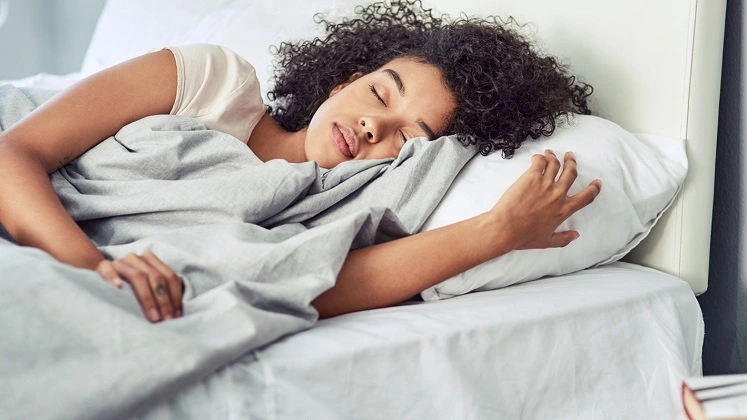Solid sleep is essential for good health. However, it can be harder to come by for most people. It can be stress, caffeine, or things in your bedroom affecting your sleep. Also, it depends on how you view the purpose of your room. Is it the home of dirty laundry? A place you crash after a night out? Or where you do studies and do all after-work assignments? Depending on how you use it and the things you have there, it can affect your sleep. Your bedroom should be a place to enjoy restorative nights’ rest. Thus, make your bedroom a sleep sanctuary for better mood, memory, productivity, and focus every day. Here are five things in your bedroom affecting your sleep.
Things in Your Bedroom Sabotaging Your Sleep
Your mattress
The mattress you sleep in can determine the quality and quantity of sleep you get. It may not be the most exciting investment, especially with no one going to see it. But, having a good Avocado’s ego organic mattress can help you sleep better, and using an old crappy one leaves you feeling unrested. Therefore, if the mattress you are using is old and more than seven years old. Replace it with a new one as a mattress has a big say on how you sleep. When you shift your old mattress to a new one, you immediately sleep better and have lower stress levels.
Your phone and TV
Today, adults and children keep at least one or more electric devices in their bedrooms. Yet, these devices including, mobile phones, TVs, and tablets, are detrimental to your sleep. Since most of these devices emit blue light, it disrupts the natural circadian rhythm. Thus, it confuses the body into thinking it is awake and you have difficulty sleeping. Plus, if you are ever on social media, it causes stress and anxiety from scrolling on different feeds before you sleep. Therefore, it is best to keep off all electronics for at least an hour to bed and do other winding down activities like reading, journaling, and meditation.
Your partner
Sleeping with a partner is comforting, sexy, and intimate until it’s not. You may be getting along well, but if your sleep habits are incompatible, you both suffer from a lack of sleep. Plus, there are many other aspects of another person that disrupt sleep. Snoring, getting up at night, mismatched sleep schedules, conflicting preferences such as mattress firmness or room temperature, among other things. Therefore, it is not easy to fix this by simply switching your phone. Find a middle ground for the issues you are differing in to enjoy sleeping together and to sleep better. Since the conflict in your relationship can also affect your sleep.
Clutter
According to research, there is a link between poor sleep and hoarding. The problem with is hoarders is they have a challenge in decision making. Plus, generally, poor sleep compromises cognition. So, if hoarders have unusable or cluttered bedrooms and less functional beds, the risk of cognitive dysfunction, stress, and depression increases as sleep quality gets worse. Even though you are not a hoarder, a bedroom full of junk can disrupt sleep. So, sleep hygiene is vital. Everyone needs space they are comfortable in, where they can tune out and off. If your bedroom is overflowing with a mess, it becomes a challenge to put your thoughts of unfinished tasks away, leading to sleep anxiety.
Temperature
When you go to sleep, automatically your body temperatures drop slightly. Thus, if your body is so hot, the temperature will not lower, and you have a hard time sleeping. Thus it is vital to cool down at night. Studies found that temperatures affect sleep more than light will. So consider the temperatures you sleep in, whether alone or with your partner. Again a hot room inhibits the temperature drop to help you sleep. And a cold room disrupts sleep as well. Thus, this causes physical discomfort. Plus, it messes with your REM sleep. So, check your thermostat as you go to sleep and the beddings you are using to ensure none affects the temperatures for you or your partner to sleep.
